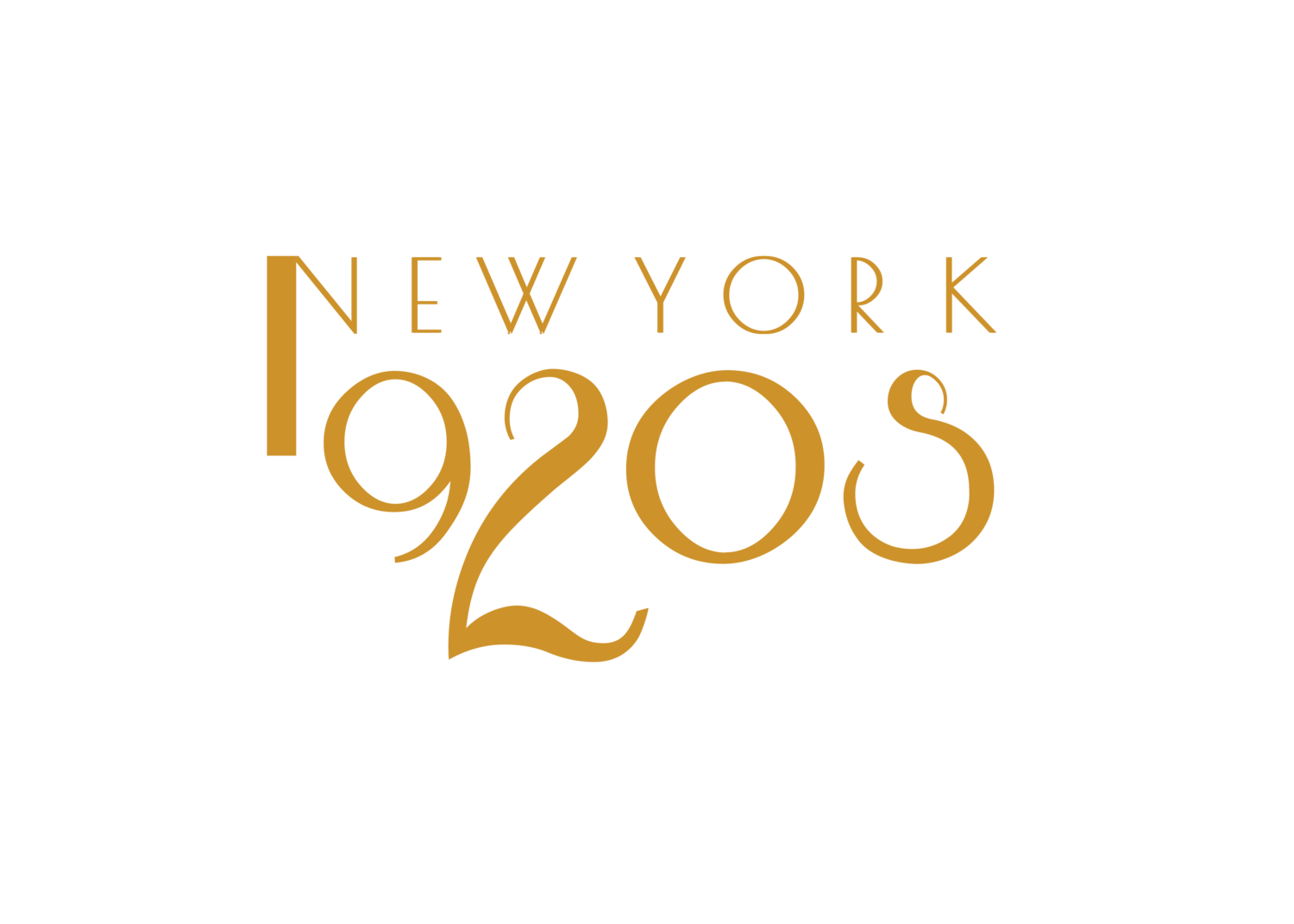Picnics: African American, Chinese, socialist, and dangerous
One hundred years ago today … The Lucy Laney League held its annual picnic at 25th Street and Jackson Avenue in Elmhurst, Queens. (The address and the “Fuhrer’s Jackson Avenue Park,” no longer exist, as the Long Island Railroad Depot covers the site.)
The New York Age 7 July 1920, p. 7. Chronicling America.
The Lucy Laney League was named for pioneering nineteenth-century African American civil right activist Lucy Craft Laney, and served to raise funds for the Haines School, a private institution for African Americans that Laney had founded.
Picnicking was a popular summer pastime in 1920 NYC. Even the Socialists did it; just a few days earlier the New York Socialist Party had held its annual picnic, and did so without its customary alcohol consumption, much to the amusement of the Times.
New York Times, 19 July 1920, p.3. Chronicling America.
Picnic excursions were also popular, as exemplified by the series of boat trips hosted by Gee Yin Share, a Chinatown social organization. These were controversial in that they excluded whites.
Daily News, 9 June 1920, p. 9. Chronicling America.
The images above show the June 7 picnic trip to Bear Mountain, which, according to reports, so many white men tried to attend that the police were called “to quell a near riot” (“Chinese Bar White Men from Picnic; Trouble Threatens,” Pittsburgh Press, 7 June 1920, p. 9).
By July 26, the Gee Yin Share picnic location had shifted to Roton Point, Connecticut. The Tribune’s report of that picnic is full of casual racism. Strangely, it also attempts to satirize the picnickers exclusion of whites by categorizing familiar sights—everyday gestures, US food, a popular US song—as “Chinese.” It points out how very mainstream the scene is.
New York Tribune, 27 July 1920, p. 4. Chronicling America.
The “How Dry I Am” of the article’s title refers to a 1919 song, “The Near Future” by Irving Berlin. A verse about being thirsty for booze made its fame.
Picnicking was not without its dangers that summer, particularly across the Hudson River in New Jersey. And theTribune was on top of it.
New York Tribune, 18 July 1920, p. 4. Chronicling America.
New York Tribune, 15 July 1920, p. 7. Chronicling America.
WRITTEN BY JONATHAN GOLDMAN, JULY 23, 2020.
TAGS: picnics, summer, African American, Chinese, socialists, racism, drowning, automobile accident






